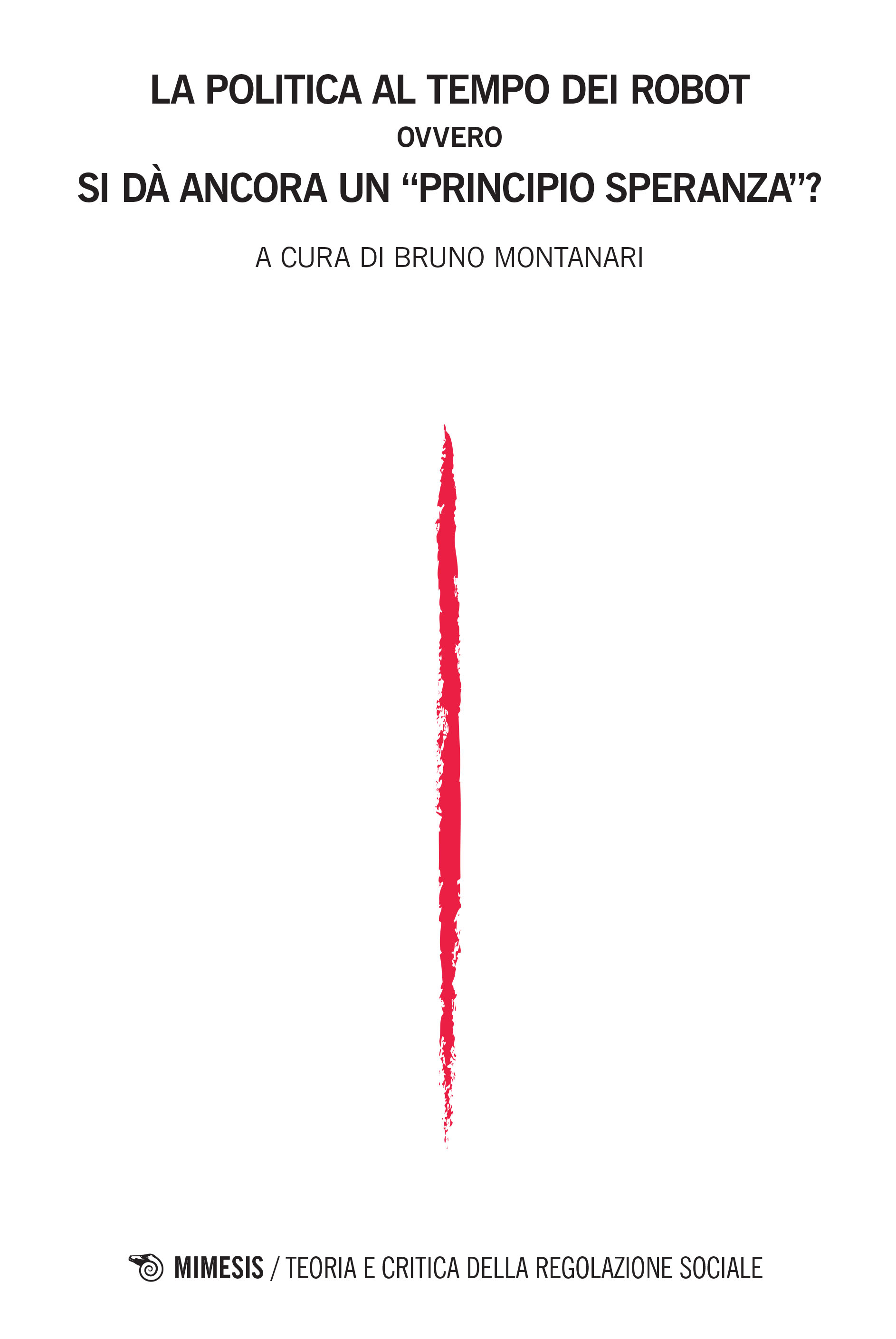Abstract
New technology-based dynamics progressively reshape the nature and the conceptualization of the decision-making processes as well as of law and human behaviour.
The question can be highlighted by comparing two paradigms.
On the one hand the modern model synthesized by Max Weber’s theory. Starting from the concept of “rational subject” (Typus), it is rooted in the cognitive transparency (Sinn) underlying social behaviours and, within the landscape of the liberal model, it entails the legitimization of law and political power in terms of rational belief (based on the categories of Zweckrational and Glauben).
On the other some contemporary perspectives, which are paradigmatically represented by the nudge theory. Moving from behavioural sciences it rethinks the decisionmaking dynamics and pivots on three points: the unintentional/unaware level involved by the deliberative processes, the reshaping of their transparency (rational) level and the implementation-optimization of choices (choice architecture) in the light of a problematic libertarian paternalism. Beyond any analogies between the two perspectives, the comparison calls into question three points related to each other: the degree of the cognitive (rational) level underlying the decision-making process, the progressive mutation of the models of legal reasoning and public argumentation and, finally, the rearticulation of the political decision-making procedures (soft powers).
Keywords: law, decision, rationality, nudging.

